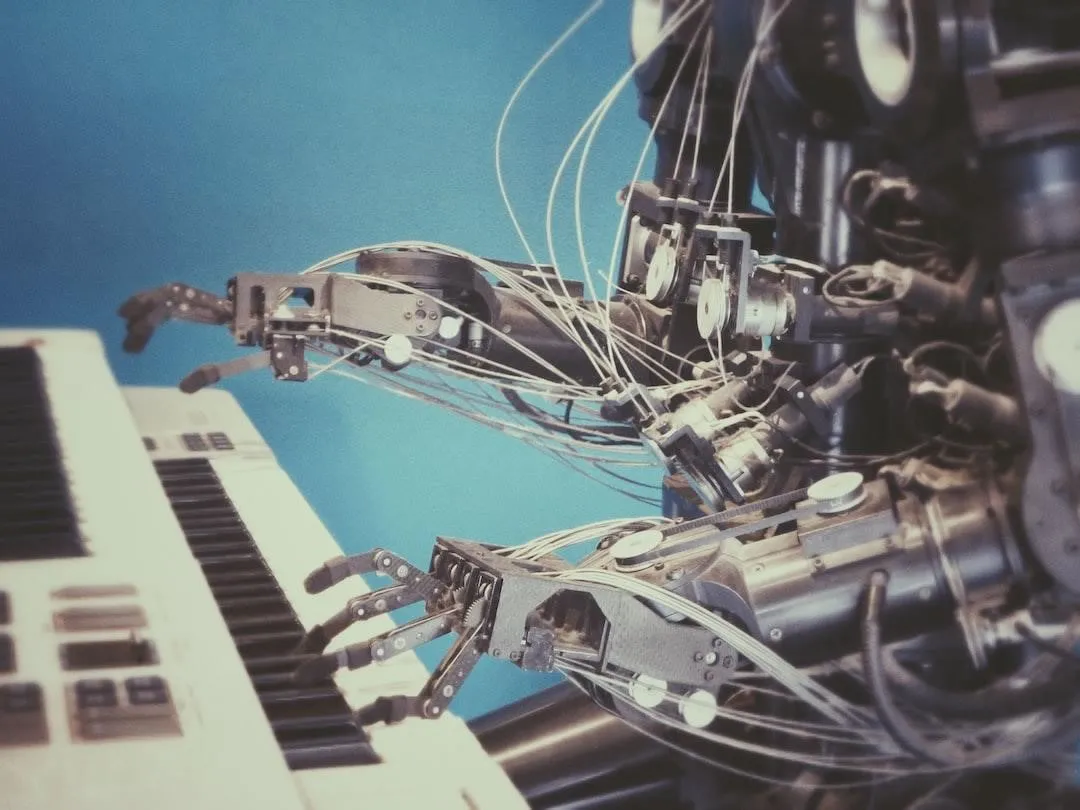
AI-Enabled Music Composition
Artificial Intelligence (AI) is revolutionizing the process of music composition. AI-powered software is capable of analyzing vast amounts of music data and creating compositions that mimic the style of a particular genre or artist. This not only speeds up the composition process but also opens up new avenues for musical creativity.
Another significant development is the use of AI in generating original music. While traditionally, a human composer would painstakingly construct melodies and harmonies, AI can now produce sophisticated compositions with minimal human input. This could potentially democratize music production, allowing anyone to create high-quality music. Whether it's the Soundful AI music generator or that of another provider, the potential of AI-generated music is immense. It can help artists overcome creative blocks, inspire new ideas, and even collaborate with AI to produce music that transcends human capabilities.
AI in Music Education
AI is also transforming music education. AI-based music learning apps are providing personalized learning experiences that adapt to the learner's pace and style. These apps can provide instant feedback, making music learning more effective and engaging.
Additionally, AI-based tools are making music theory more accessible. By analyzing a piece of music, these tools can provide insight into its structure, chord progressions, and other elements. This can help learners understand and appreciate music on a deeper level.
Despite these benefits, the use of AI in music education has its challenges. For example, can AI truly replicate the nuances of a human music teacher, such as their ability to inspire and motivate students? These and other issues will need to be addressed as AI continues to penetrate the field of music education.
AI in Music Discovery and Recommendation
AI is reshaping how we discover and consume music. Music streaming platforms are leveraging AI to offer personalized recommendations based on the user's listening history. This makes music discovery effortless and helps listeners uncover new artists and genres they might not have found on their own.
On the other hand, AI is also being used to classify and organize music. AI algorithms can analyze a song's attributes, such as tempo, instrumentation, and mood, and categorize it accordingly. This helps listeners find music that suits their preferences and moods.
However, the use of AI in music recommendation is not without issues. Concerns have been raised about the potential for AI to narrow the listener's musical experience by recommending only what the algorithm thinks they will like. This could lead to a homogenization of music tastes, which could adversely affect the diversity and richness of the music landscape.
AI in Music Production
AI is making music production more accessible and efficient. AI-powered tools can enhance sound quality, automate mixing and mastering processes, and even simulate the acoustics of different environments. This allows musicians and producers to create professional-quality music without needing expensive studio equipment.
Moreover, AI can also be used to analyze a song's performance in real time, providing valuable feedback that can help improve the final product. For example, it can alert when a note is out of tune or when the tempo is not consistent.
Despite these developments, there are concerns about the potential implications of AI on the creative process. By automating many aspects of music production, there is a risk that music may lose its uniqueness and become overly standardized. Balancing the benefits of AI with the need to preserve artistic creativity will be a key challenge moving forward.
One of the best example in latest AI music productions is Beatles Now and Then song, Paul McCartney clarified how AI used for this song production.
The Ethical Implications of AI in Music
The use of AI in music raises several ethical questions. For instance, who owns the copyright to music composed by AI? Is it the creators of the AI software, or is it the user who provided the initial input? These questions are not easily answered and will require careful consideration and discussion.
Another concern is the potential for AI to manipulate listener behavior. By analyzing a listener's preferences, AI can generate music designed to evoke specific emotions or reactions. This could have far-reaching implications, from influencing consumer purchasing decisions to manipulating political sentiments.
Lastly, there is the issue of data privacy. Music streaming platforms collect vast amounts of data about our listening habits, which are analyzed by AI to generate recommendations. There are concerns about how this data is stored and used, and whether it could be used for purposes beyond music recommendation. As AI becomes increasingly prevalent in the music industry, these and other ethical issues will need to be addressed.
In conclusion, AI is transforming the landscape of music in profound ways. From composing and education to discovery and production, AI is reshaping how we create, consume, and experience music. While there are challenges that need to be addressed, the potential for AI to elevate the world of music is vast. As technology continues to evolve, it will be fascinating to see how these innovations shape the future of music
































